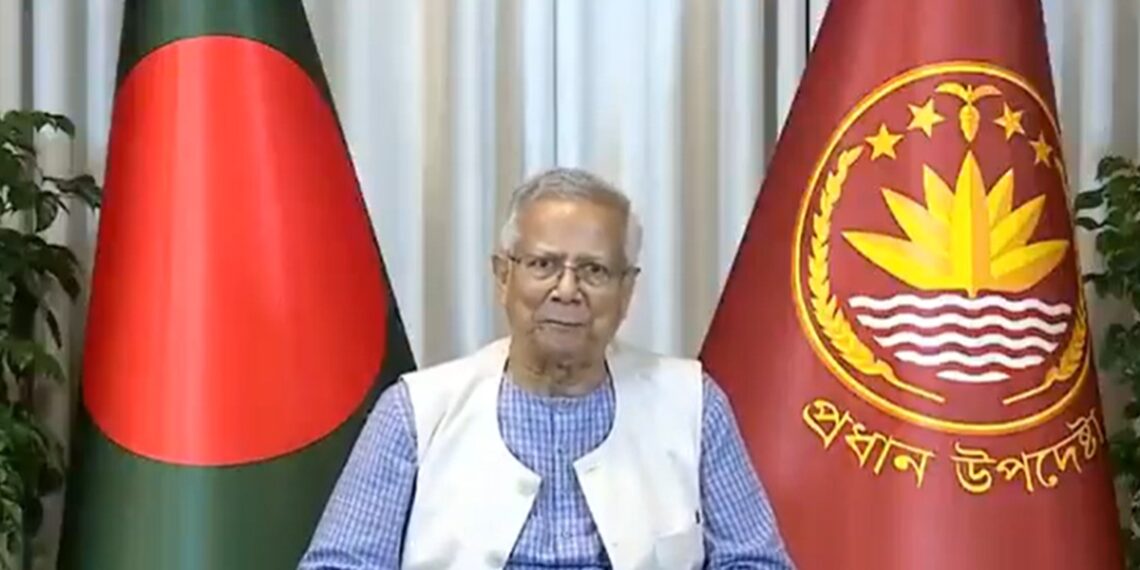Dhaka: Bangladesh Chief Adviser Muhammad Yunus on Monday confirmed that the current interim administration will step down after the country elects a new government in February next year.
“We are prepared for another historic transition. The nation is stable and ready for elections. The polls will be held in the first half of February 2026, after which an elected government will take charge,” Yunus said, addressing a three-day international conference in Cox’s Bazar on the Rohingya crisis.
Yunus described the current phase as a “turning point” in Bangladesh’s political journey, recalling last year’s violent unrest and the student-led uprising that ended what he termed “fascist rule.”
Sheikh Hasina’s government was toppled on August 5, 2024, following massive street protests. She now faces trial in absentia before the International Crimes Tribunal on multiple charges.
The country’s Election Commission has already announced that the general elections will be held in the first week of February, in line with Yunus’ earlier assurance.
Last week, Army Chief General Waker-uz-Zaman reaffirmed that the military would assist the interim government in ensuring free and fair polls.
Meanwhile, the political landscape continues to evolve in the absence of the Awami League, which was disbanded under an executive order by the Yunus administration.
The Bangladesh Nationalist Party (BNP), led by former Prime Minister Khaleda Zia, has emerged as the largest political force.
ALSO READ: Arunachal students’ union urges CM to address concerns over Siang hydropower project
Adding another layer to the contest, the National Citizen Party (NCP)—formed by activists linked to Students Against Discrimination (SAD), the group that spearheaded the anti-Hasina protests—entered the scene in February.
The NCP is believed to be aligned with Islamist factions, including Jamaat-e-Islami, raising questions among political observers.
Although Yunus and his advisers have repeatedly assured that elections will be free, fair, and on schedule, concerns persist among parties about the growing influence of the NCP and its alliances.















